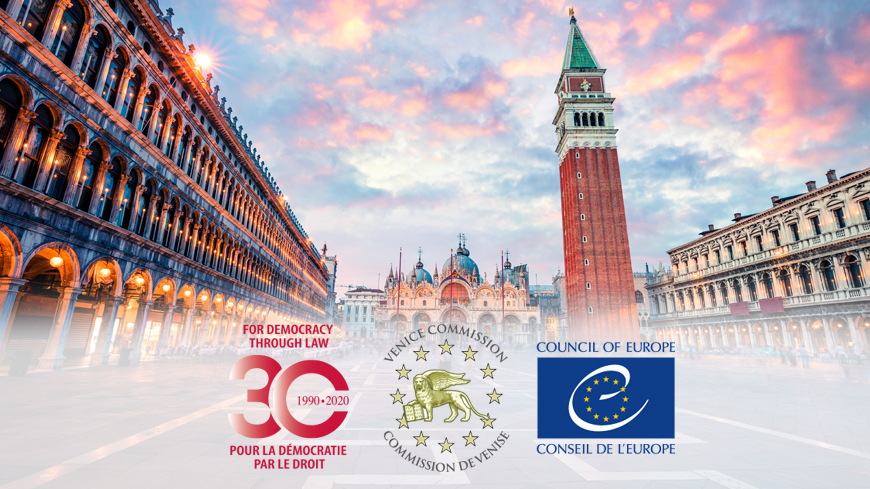Statement by Venice Commission President Gianni Buquicchio
"On 10 May 1990, eighteen ambassadors of Council of Europe member states took the decision to establish the European Commission for Democracy through Law, better known as the Venice Commission. What looked at the time like the creation of just another technical advisory body proved to be an event of major significance for the development of the rule of law and democracy in Europe and beyond.
In the 30 years of its existence, the Venice Commission:
- Played a major role in the preparation of the constitutions of the new democracies in Central and Eastern Europe, ensuring their compliance with international standards;
- Accompanied these and many other countries during their constitutional and legislative reforms;
- Has become a main reference with respect to the development of international standards on the rule of law, democracy and the respect for human rights;
- Has acquired a capital of trust in many societies, making its support crucial for public confidence in reforms;
- Assisted a large number of countries in fulfilling membership requirements of the Council of Europe and the European Union;
- Contributed to the establishment of constitutional courts in many countries and established a worldwide network of constitutional courts with 117 member courts;
- Reviewed a large number of laws, ensuring their compliance with international standards and, in particular, the European Convention on Human Rights;
- Developed standards for the holding of democratic elections and contributed to electoral reforms;
- Has become a partner of the countries in the Southern Mediterranean and Central Asia in their constitutional and legal reforms;
- Increased its membership to 62 countries, thus becoming a forum for worldwide constitutional dialogue.
Despite this success, many challenges remain and the current Covid-19 crisis reminds us that progress is never irreversible. We must safeguard pluralistic democracy and prevent its degeneration into an authoritarian regime, where the winner takes all.
In my view, the Commission is needed now more than ever before, to defend and promote, in partnership with the organs of the Council of Europe and the European Union:
- Respect for the rule of law and, in particular, the independence of the judiciary;
- Checks and balances within a functioning democratic system;
- Free and fair elections;
- Respect for human rights, including in emergency situations".




